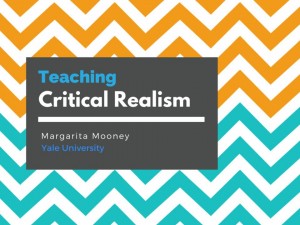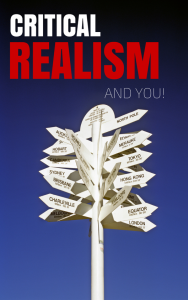I read with great interest my colleague Jerry Park’s recent blog about Asian-American religion and depression. I am familiar with the database used, Add Health, and with the broader literature on religion and depression. Given my knowledge, I would caution against drawing strong conclusions from this study Asian-Americans youth who are religious are more depressed.
First, as Park mentions, Christian religions generally require regular participation but Buddhist, Confucian and other Asian religions do not. For this reason, most studies of religion and mental health only look at Christians, so unless the measures of what it means to be religious take account of great differences between Christians and non-Christians, it is best to drop the non-Christians in the study.
Second, in this same study, only attending religious services, but not religious importance, made Asians more depressed (once self-esteem is controlled for). The two variables should be tested in the same model, which I suspect would erase any effect of religious participation on increasing Asian-American depression.
Third, as the study authors mention, Add Health only asked about religious participation and importance for people who reported a particular religious denomination. On many surveys, Asians are more likely than other ethnic groups to say “no religion.” Hence, it could be that those Asians who said “no religion” are more depressed than those Asians who attend religious services–but we don’t know from this survey.
Fourth, the explanation that Asian-American religious patriarchy causes depression cannot be measured using this study and hence is pure speculation. In order for that speculation to be true, Asian American religions would have to more patriarchal than Latino or African-American religious institutions, which seems quite unlikely to me.
Fifth, as one commentator on that blog asked, could the causality work the other way? Might depressed you be seeking solace in religious groups? That’s possible, and it can be tested with further waves of Add Health, but I suspect that for most cases, religion prevents depression.
One idea that came to mind is that Asian parenting styles could be different, and that could be related to depression. The authors do measure parenting styles, but they did not compare parenting styles by ethic groups. For all ethnic groups, they found that parental supervision (curfews, which friends they can have) leads to higher depression but parental engagement (talking about problems, attending religious services together) decreases depression. So if you define parents saying who you can go out with and how late you go out as patriarchal or authoritarian, there may be some support for the idea that authoritarian parenting styles increase depression. Testing this hypothesis just on Asians in this study would be hard because of the small number of Asians in the study.
I encourage readers to read the full paper online as well as other research on religion and depression. For example, Anthony Blasi recently published an excellent edited volume on sociological findings about religion and health. Chris Ellison’s chapter in that book on religion and mental health is an excellent overall review of religion and mental health.
I’m currently working on the topic of religion and mental health with Add Health, although not with Asians in particular. It’s true that more often authors look for positive effects of religion on mental health, overlooking potential negative effects. I included 3 direct measures of spiritual struggles, and none of them made mental health better or worse. Although that paper is still in progress, I am more convinced than before that religion’s primary effect on mental health is positive.
That said, we need to do much more work to put religion in social and family context, which we know varies by ethnicity and immigrant generation. So the Petts and Joliff paper asks good questions, but it’s too soon to draw conclusions about Asian-Americans, religion and depression.











